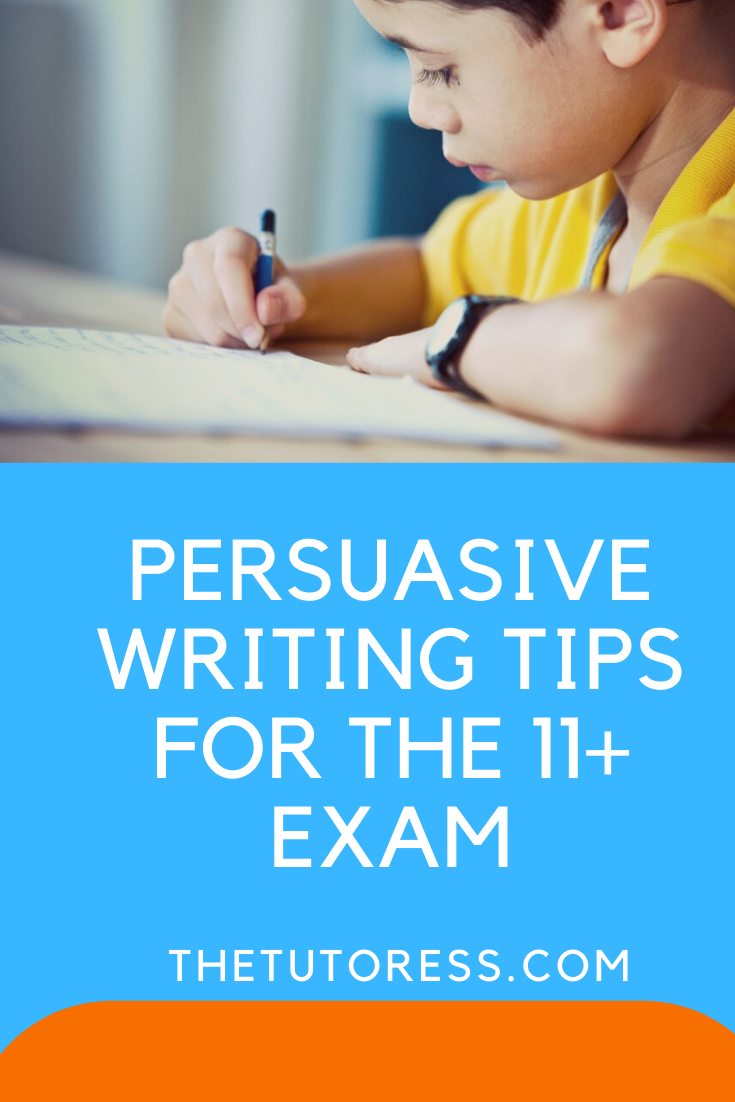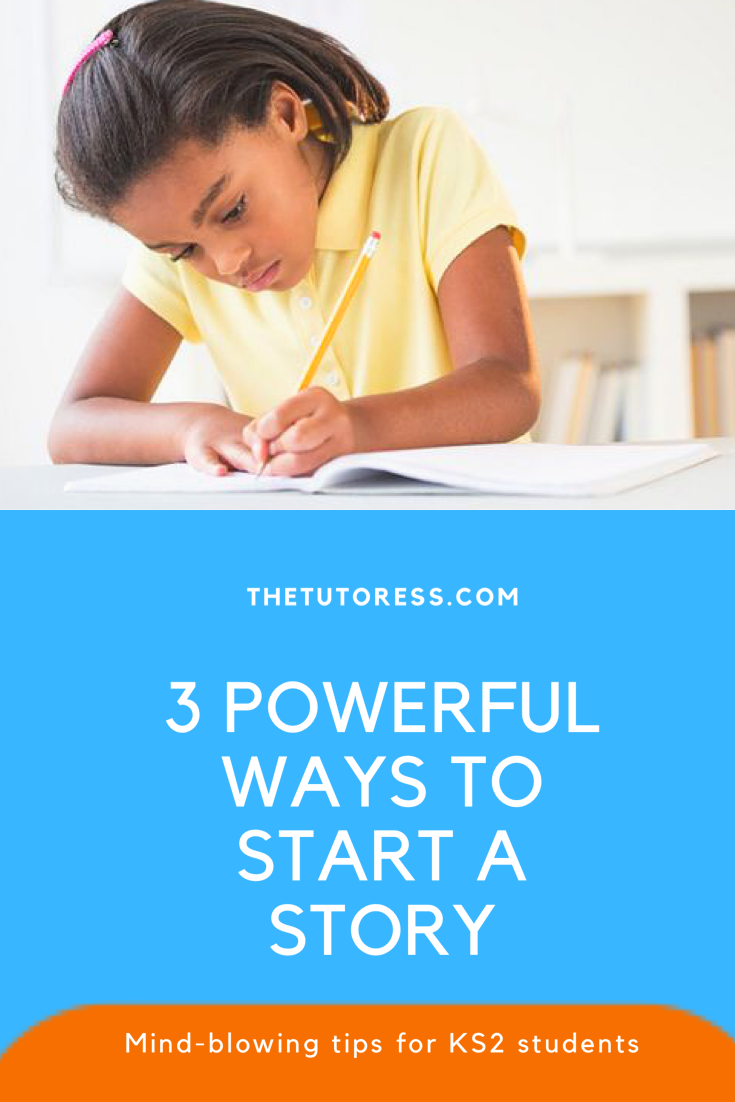Vocabulary is one of the most important areas of 11+ preparation as it’s a skills that’s assessed in Verbal Reasoning and English exams. Furthermore, research shows that children who possess higher levels of vocabulary tend to outperform those with limited vocab.
Vocabulary is extremely important and creates the foundation for outstanding academic standards in the 11+ and beyond.
To help your child improve their vocab, check out these three tips. They’re based on my experience of teaching hundreds of students in preparation for school entrance exams.
Use higher level vocabulary when talking to your child.
Children learn vocabulary best when hearing advanced words in context. It’s therefore more effective to speak to your child in a way that they’ll understand, but will also challenge their knowledge of more complex words. For instance, you could throw in a ‘big’ word when asking a question or when talking about your day. You can also encourage your child to respond back to you using the same word.
Have a word of the day or week.
In the 11+, SATS, ISEB and GCSE Facebook group that I’m an admin of, we have a Word of The Day. I love the concept and have seen it used successfully for helping children improve their vocabulary skills. You can choose a WOTD or WOTW (word of the week) and really get involved by making a big deal of that particular word. For instance, you could create word posters or cartoons with that word - an activity that visual learners love. I actually started implementing this in my lessons and was amazed to see that one of my international students still remembered the words several months later. It made me realise how powerful it is to incorporate images and pictures into English and Literacy lessons.
Put down the “baby”books.
No offence to certain authors, but I often observe my students reading books that limit their vocabulary. For instance, some of the most popular children’s books of the moment are filled with lovely cartoon pictures but very limited vocabulary-building words. I won’t name the books in question but they’re extremely popular and they’re great as light reading but when I see students ONLY reading those books, it makes me wince. Your child should be reading a wide range of books including reputable newspaper articles and magazines, novels and autobiographies.
Choosing to read just one type of book or books by one author and never branching out, is a recipe for limited vocabulary so I highly recommend encouraging your child to read slightly outside of their comfort zone.
But my child hates reading “smart” books, can I just let them read the “baby” ones?
The answer is NO!
Yes, it’s hard to get them reading some of the more difficult texts but you can branch out a little by encouraging them to read a small snippet of a newspaper article or a page or two of an autobiography and then build up from there. Diversifying the types of books they read will pay off later down the line, trust me.
Do you have any additional tips for boosting vocab? If so, share them by leaving a comment below.
If you enjoyed this blog, share it on social media or forward it to a friend or family member.
Here’s to your child’s success!
The Tutoress.
Do you have any additional tips for boosting vocab? If so, share them by leaving a comment below.
If you enjoyed this blog, share it on social media or forward it to a friend or family member.
Here’s to your child’s success!
The Tutoress.










